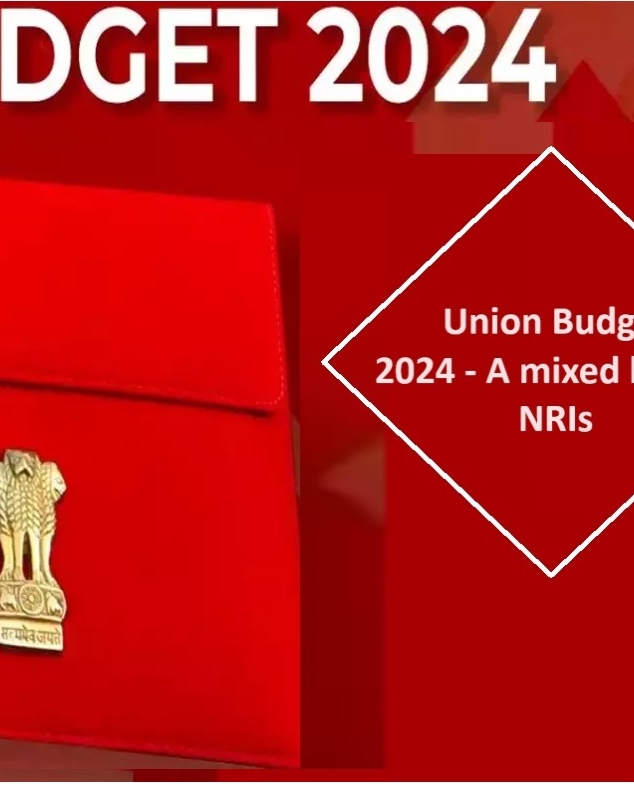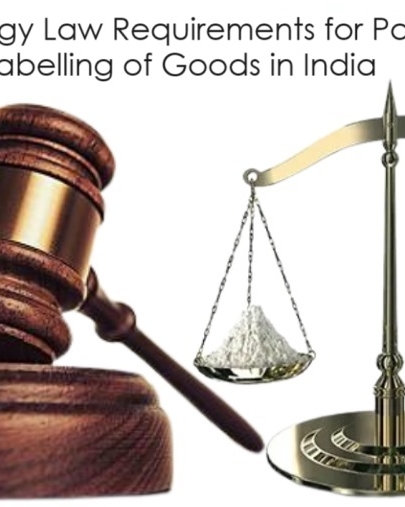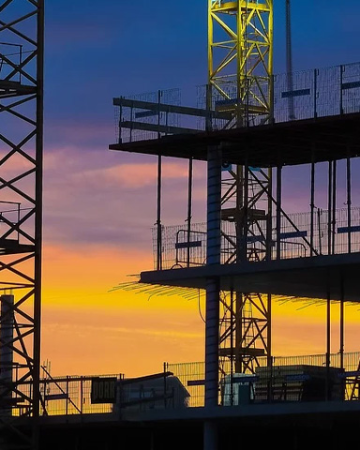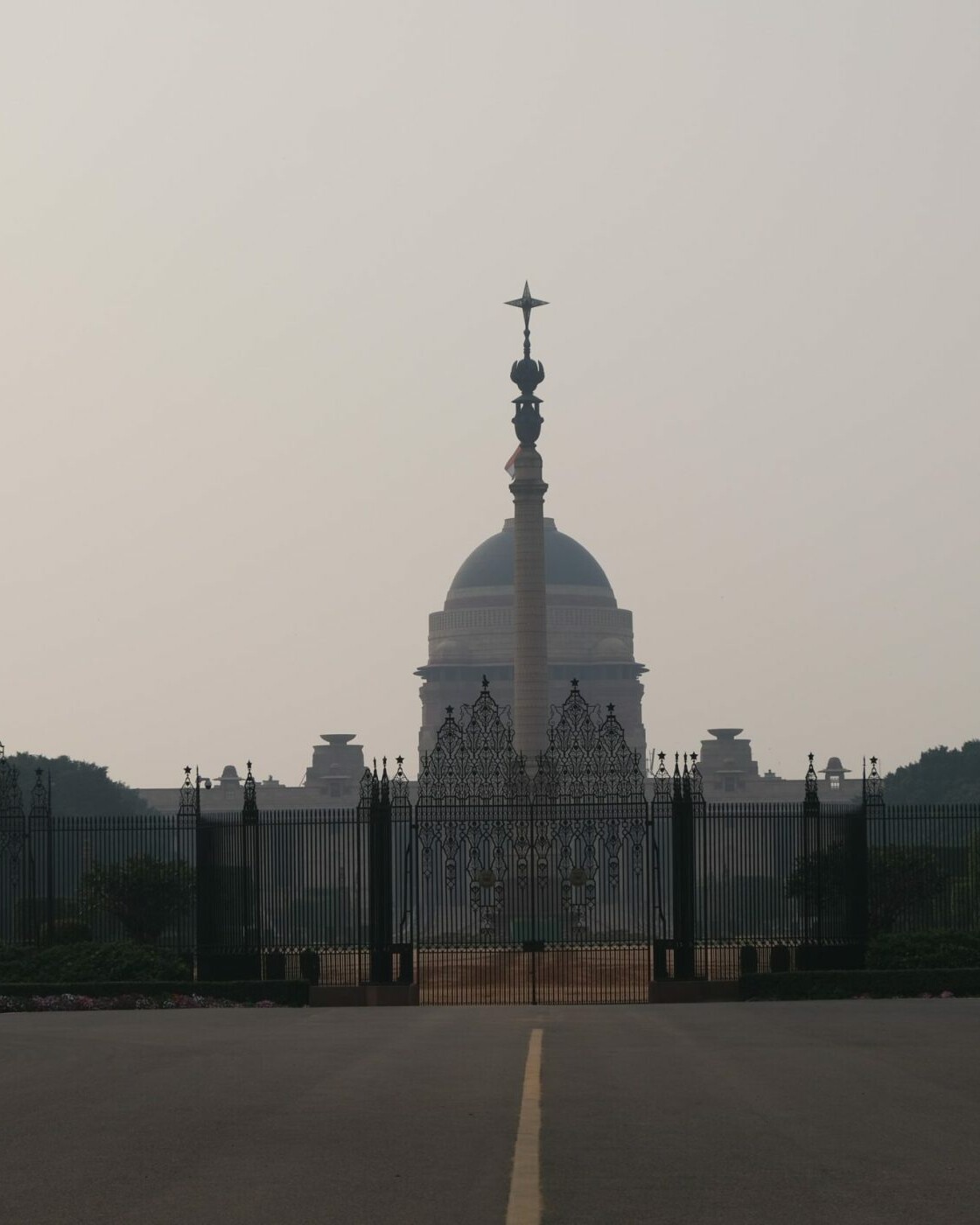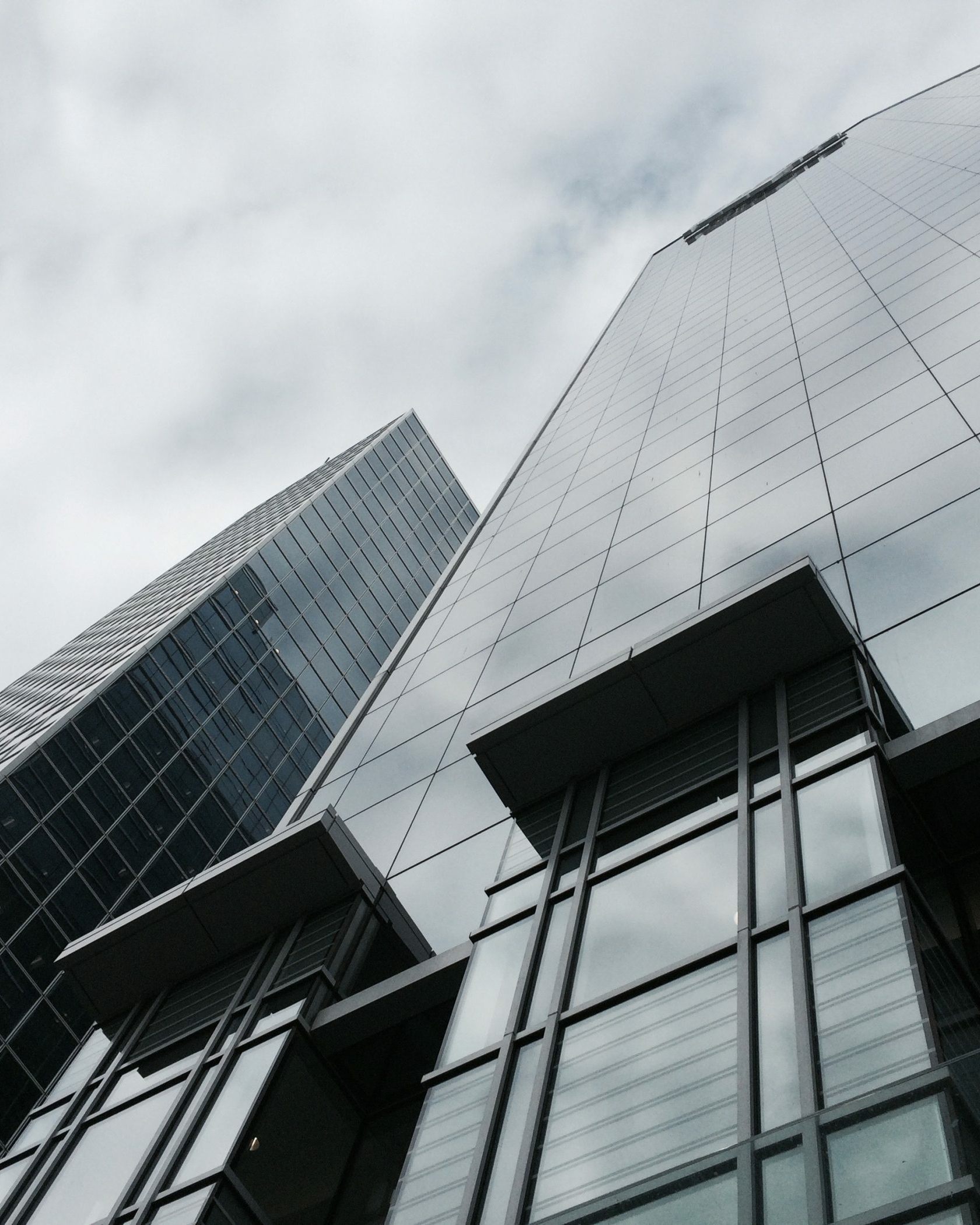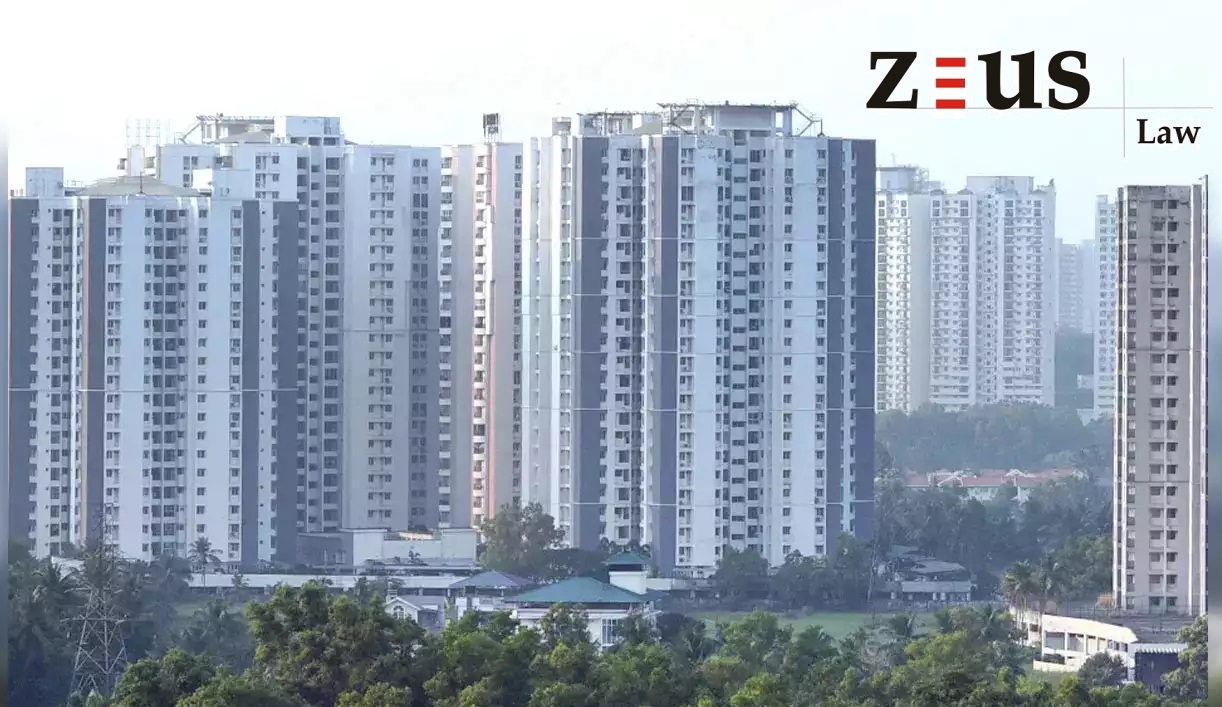 Development Agreements For Residential Plots/Bungalows In Delhi-NCR
Development Agreements For Residential Plots/Bungalows In Delhi-NCR
Author: Vishnu Anand, Partner & Naman Dutt, Associate at ZEUS Law
Published in LiveLaw
The Real Estate sector is one of the most crucial economic sectors of the Indian Economy. An average Indian adult’s economic and lifestyle choices are mirrored by the environment of the Real Estate Sector, as when there is more fiscal and financial opportunity available to the average Indian adult, their choices are usually centred around Real Estate which includes purchasing a new property, renovating existing current property, etc. Despite the stalemate of the post-COVID economic environment, the Real Estate sector has seen an increase in sale volume and prices, along with an increase in demand for housing. The rapid urbanization of the population, and the post-COVID lifestyle choices, have resulted in a demand for both new properties and renovations of existing properties by the owners.
As both the volume and prices of Real Estate increase, the average Indian plot-owner and developer, are expectant to make certain realistic choices for themselves. The average Indian plot-owner is looking to renovate and/or develop his existing plot/property, however with complexities of architectural and engineering work, the n-numbers of approvals and sanctions, and the pooling of resources is a major task for the average Indian plot-owner.
In Delhi, a major chunk of such average residential plot-owners are either the original allottees of plots, or owners through lineage, who have had these plots for more than two generations. As on date, the majority of such plots, are in their originally constructed condition with decades of much-needed modernization and maintenance, but with the inflation striking in the Real Estate sector, the major task for the average plot-owner now turns to major hesitation and apprehensions.
Simultaneously, in such areas where these plots are situated, there has been a rise in demand for housing options ranging from independent builder floors to plots, but with limited inventory and resources, there should be a stalemate in Delhi’s residential market. However, with the average plot-owner looking for renovation but hesitant to pool resources, and developers and sellers, looking to meet the demand of inventory in such areas, a Development Agreement makes a lot of sense. A developer enters into a Development Agreement with the plot-owner, renovates/constructs the plot/property, with the plot-owner retaining a major share of the newly renovated/constructed plot/property, and the developer retaining a floor/share in same, which is later sold off. In such a manner, while the plot-owner renovates his property without any major hassle, the problem of inventory is also managed, with a new entrant in the area is able to purchase a floor/area in the pre-existing but renovated/constructed plot/property.
WHAT IS A DEVELOPMENT AGREEMENT?
A Development Agreement is a collaborative legal instrument wherein the plot-owner provides/transfers development rights to develop and construct on the plot/land owned by the plot-owners to a developer. Generally, in Delhi, a plot-owner transfers the development right of the plot owned by them, against the allocation of a floor in the reconstructed property, which is being developed by the developer. The developer undertakes the entire responsibility from obtaining the approvals/sanctions to arranging finances, construction of the property/plot, etc. A Development Agreement decreases the financial burden on the developer for purchasing the land, which is the primary expense for a developer, and also enables a plot-owner to get his property reconstructed without bearing the burden of obtaining approvals from various authorities, arranging finances, and construct the property, etc.
The most common form of Development Agreement for plot-owners in Delhi is where an existing property/house owner has to renovate and improve his existing property by reconstructing/redeveloping the same by a developer. In such cases, the plot-owner generally provides a Floor in lieu of all expenses incurred by the developer.
In Delhi, a Development Agreement leads to a win-win situation for the plot-owner and the developer. The plot-owner gets a newly reconstructed/constructed plot/property, and the developer earns profits from the share/floor allocated to him, as consideration for reconstructing/constructing the plot/property.
LEGAL ASPECTS OF AN IDEAL DEVELOPMENT AGREEMENT FOR A PLOT
An ideal and effective Development Agreement shall provide for the following legal aspects:
- Contribution of Resources
In a Development Agreement, the general contribution of resources for the purposes of construction/reconstruction of a property is generally by a developer, while the plot-owner only contributes the plot/Land for purposes of construction/reconstruction to be done on it. The developer’s contribution includes a financial contribution for construction/reconstruction, and all responsibilities including obtaining sanctions/approvals, employing/contracting labourers/workers at the site, etc. To ensure that there is parity in the contribution of resources by both the developer and plot-owner, the resultant property or project may be valued, for the Development Agreement to be a fair collaborative effort by the developer and plot-owner.
- Timelines for Construction/Reconstruction of the plot/Kothi
It is usually noted that the majority of disputes under a Development Agreement arise due to non-completion of the reconstruction/construction work of the plot/property within the agreed time period. It is therefore crucial that an ideal Development Agreement must provide detailed timelines in relation to the reconstruction/construction of the plot/property. Ideally, such a Development Agreement would include the timeline, extensions, Force Majure events, and remedies available for non-compliance of the stipulated timelines by the developer to the plot-owner.
- Allocation of Area in favour of the developer
In lieu of bearing the cost of construction/reconstruction of a plot, a developer usually gets some allocation of area in the reconstructed/constructed plot/property, which is usually a floor in the newly constructed/reconstructed plot/property. Such an allocation of area is generally considered to be the consideration for the developer to undertake the work under a Development Agreement. The allocation of share in area of the newly constructed/reconstructed plot/property should be in such a manner that the developer is able to recover the costs/efforts incurred in the construction/reconstruction of the plot/property, while, also being able to earn profits for its efforts. The developer sells the floor allocated to him and recovers the related costs/funds/charges he contributes and incurs, and also earn profits. It is better that the plot-owner and developer have a clear understanding with regard to the allocation of area/floor vis-à-vis the costs incurred, in order to avoid future litigation or disputes at a later stage. Moreover, in cases where the value of the area allocated in favour of the developer is more than the costs incurred by the developer plus the usual profit margin of the developer, the developer may also pay some amount to the plot-owner.
- General Power of Attorney for obtaining permissions/approvals in favour of a developer
One of the major benefits arising out of a Development Agreement for a plot-owner is the limited responsibility for the construction and completion of the construction/reconstruction of the plot/property. As the plot-owner transfers the development right to the developer, the plot-owner also transfers the additional responsibilities that come with the construction/reconstruction of the plot/property. Such responsibilities include obtaining approvals/permissions/sanction plans, etc. Since, a developer is not the owner of the plot on which it is constructing, the developer cannot apply for any approval, sanction, etc. Therefore, generally a plot-owner authorises the developer vide Power of Attorney, etc. to obtain the requisite approvals, permissions, etc. Such grant of Attorney by the plot-owner to the developer ensures that the developer has complete control and ease for the development and construction of the subject property / project.
- Registration Fees and Stamp Duty for Development Agreement
As a plot-owner is provides some share in the area of the plot/property to the developer under the Development Agreement, the Development Agreement is required to be mandatorily registered. As the transfer of share/allocation of share conveys right, title and entitlement in favour of the developer, the Development Agreement is mandatorily required to be registered, as it amounts to conveyance. This is covered under Section 17 of the Indian Registration Act and Section 53A of the Transfer of Property Act. The registration of a Development Agreement is essential for the protection of the rights of the plot-owners and developers. In Delhi, a Development / Collaboration Agreement is required to be compulsorily registered. The stamp duty and registration fees levied on a Development Agreement differ from state to state:
- In Delhi, as per Article 23A of the Indian Stamp Act, 1889 (As applicable to National Capital Territory), the Stamp Duty payable on a Development Agreement is ninety percent of the duty as payable as a Conveyance i.e. 3% of the total consideration as per the instrument. Thus, the Stamp Duty payable would be 2.7% of the total consideration as per the instrument.
- In Kerala, as per Article I(a)(1) of the Kerala Stamp Act, 1959, the Stamp Duty payable on a Development Agreement is 1% of the value of the estimated cost of construction or consideration, subject to a maximum of Rs.1000. The Registration Fee is 2% on the value of the estimated cost or fair value.
- In Haryana, the Stamp Duty payable on a Development Agreement is 2% of the market value of the property or the amount of such consideration as set forth, whichever is higher.
- Registration of the plot/property Constructed Under the Real Estate (Regulation and Development) Act, 2017
The aspect of registration of a plot/property being constructed vide a Development Agreement, under the Real Estate (Regulation and Development) Act, is a majorly debated topic. According to Section 3(2)(a) of the RERA Act, no registration of a real estate project is required where the area of land proposed to be developed does not exceed 500 square meters or the number of apartments proposed to be developed does not exceed eight, inclusive of all phases. The subject interpretation of the usage of ‘or’ in the provisio has led to different applications and patterns for registration standards in India. In some states, the term ‘or’ has led to a conjunctive reading of Section 3(2)(a), wherein, both the requisite should be met for non-registration of a plot/project. While in some jurisdiction, the term ‘or’ has been read disjunctively, which means that, even if one of the conditions is met as stipulated, the plot/property would be required to be registered under the RERA Act.
The Delhi RERA Authority, Rajasthan RERA Authority, Goa RERA Authority, and Maharashtra RERA, while interoperating the Section 3(2)(a), disjunctively, have notified/observed that in case the plot/property being constructed/reconstructed by the plot-owner and developer has an area of more than 500 square meters, or has more than eight (8) units, then, such property/project is required to be registered under the Real Estate (Regulation & Development) Act, 2017.
- Taxation under a Development Agreement
Under a Development Agreement, a plot-owner supplies the development right to a developer, against the consideration in the form of construction services. While the developer supplies construction services against the consideration in the form of transfer of development rights. Under the Goods & Services Tax, 2017, the ‘supply’ of a ‘service’ is a taxable event under the Act. In an ideal scenario, the ‘supply’ of ‘development right’ to a developer, and ‘construction services’ to a plot-owner are taxable as per the provisions under the Goods & Services Tax Act.
REMEDIES AVAILABLE TO PLOT-OWNERS AND DEVELOPERS IN CASE OF BREACH OF TERMS OF A DEVELOPMENT AGREEMENT.
- Remedies available the Consumer Protection Act, 2019
Under a Development Agreement, a developer provides construction services to a plot-owner, and thus, a developer is a ‘service provider’ and a plot-owner is a ‘Consumer’ under the meaning of the Consumer Protection Act, 2019. In case there is any deficiency or defect(s) in the work/service provided by the developer, a plot-owner has a right to seek damages, compensation, and rectification of defect under the Consumer Protection Act.
For a plot-owner to seek remedy before the Consumer Forum, it is essential to ensure that the plot-owner’s intent and use of his allocation of share in the constructed/reconstructed property/project is not for ‘commercial purposes’. Furthermore, the intent behind the Development Agreement and its collective interpretation is also to be considered. As per the Hon’ble Supreme Court in Bunga Daniel Babu vs. Sri Vasudeva Construction & Others [(2016) 8 SCC 429] and Faqir Chand Gulati v. Uppal Agencies (P) Ltd., (2008) 10 SCC 345], the plot-owner has a right to seek remedy against the developer/Builder before the Consumer Forum for deficiency of service in reference to construction. However, it is crucial to establish that the Development Agreement executed between the plot-owner and developer, is not a Joint Venture Agreement i.e. the plot-owner is not a partner or co-adventurer with the developer for the purposes of construction and commercial intent, and that the Development Agreement executed is merely for construction/reconstruction of the property/project by the developer.
- Remedy under the Arbitration & Conciliation Act, 1996
An ideal Development Agreement generally provides for an arbitration clause for the resolution of all disputes between the plot-owner and the developer. The Arbitration Clause allows the parties to have a choice to decide the terms for the Arbitration proceedings which includes choice of Arbitrators, Place of Arbitration, Seat of Arbitration, Costs, etc. An Arbitration is generally beneficial and suitable to the parties, as Arbitration proceedings are less time consuming as compared to lengthy Court proceedings. Both the parties have a right to file their Claims/Counter-Claims and seek to recover financial and declaratory relief against the other party before the Arbitral Tribunal.
- Remedy under the Specific Relief Act, 1963
In a dispute between the plot-owners and developers, both the developer and the plot-owner can seek relief under the Specific Relief Act, 1963. The plot-owner can claim, ‘Substituted performance of a contract’, seeking relief of substituted performance for completion of the construction or reconstruction of the property/project, and compensation from the developer. On the other hand, the developer can seek relief against the plot-owner to allow construction or reconstruction of the property/project and/or claim any entitlement under the Development Agreement. As per the Hon’ble Supreme Court in its judgement in ‘Sushil Kumar Agarwal vs. Meenakshi Sadhu & Ors.’ [(2019) 2 SCC 241], a decree for specific performance of a contract to build will be made if the following conditions are fulfilled:
“24.4.1. the work of construction should be described in the contract in a sufficiently precise manner for the court to determine the exact nature of the building or work;
24.4.2. the plaintiff must have a substantial interest in the performance of the contract and the interest should be of such a nature that compensation in money for non-performance of the contract is not an adequate relief; and
24.4.3. the defendant should have, by virtue of the agreement, obtained possession of the whole or any part of the land on which the building is to be constructed or other work is to be executed.”
CONCLUSION
As the Development Agreement regulates the relationship between the developer and plot-owner, the terms of the Development Agreement need to be very carefully drafted. An ideal Development Agreement should provide for the rights and liabilities of both parties in order to avoid any dispute or litigation at a later stage. A well-drafted Development Agreement always safeguards the rights of both the plot-owner and developer and also avoids disputes at a later stage. Such a Development Agreement serves as a base for the smooth and timely completion of the construction/reconstruction of a property/plot/bungalow.







